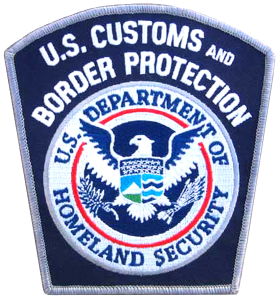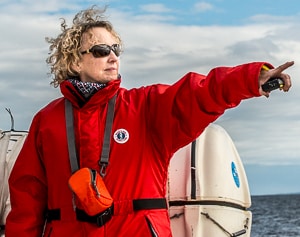 Since 9/11 I've reentered the United States from travel abroad more than a dozen times. Each time, it is more unpleasant.
Since 9/11 I've reentered the United States from travel abroad more than a dozen times. Each time, it is more unpleasant.
Many people I've met in other countries who have traveled to the US have remarked to me how difficult it is to get a visa to visit the US, and once they arrive, how unpleasant is is to be interrogated by the border agents.
This is how our entry into the US went yesterday. And we're American citizens who had just driven for two days across northern Ontario to get from New York to Michigan–the most direct route home to Minnesota.
After waiting in a line of cars for over half an hour on the Sault Ste. Marie bridge:
We hand our passports to the agent.
Where are you going? (Note: no “hello” or any other pleasant greeting.}
Minneapolis.
Where are you coming from?
Niagara Falls.
Why were you in Canada?
It's the shortest distance from New York to Minnesota.
Why the rental car?
We don't own a car.
What do you do?
We're retired.
What did you do before you retired?
We were publishers.
What are you bringing in from Canada?
Nothing.
Ok, you can go.
Thanks.
If they treat US citizens like this, imagine how a visitor feels when they enter our country. And, this is not an isolated incident. I would tell you about flying from Madrid to Miami in July, but you probably wouldn't believe it.
Up Your Travel Skills
Looking to book your next trip? Use these resources that are tried and tested by us. First, to get our best travel tips, sign up for our email newsletter. Then, be sure to start your reading with our Resources Page where we highlight all the great travel companies and products that we trust. Travel Accessories: Check out our list of all the accessories we carry to make getting there and being there a lot easier. Credit Cards: See our detailed post on how to choose the right travel rewards credit card for you. Flights: Start finding the very best flight deals by subscribing to Thrifty Traveler. Book your Hotel: Find the best prices on hotels with Booking.com. See all of the gear and books we like in one place on our Amazon shop.Got a comment on this post? Join the conversation on Facebook, Instagram, or Threads and share your thoughts!


Comments are closed.